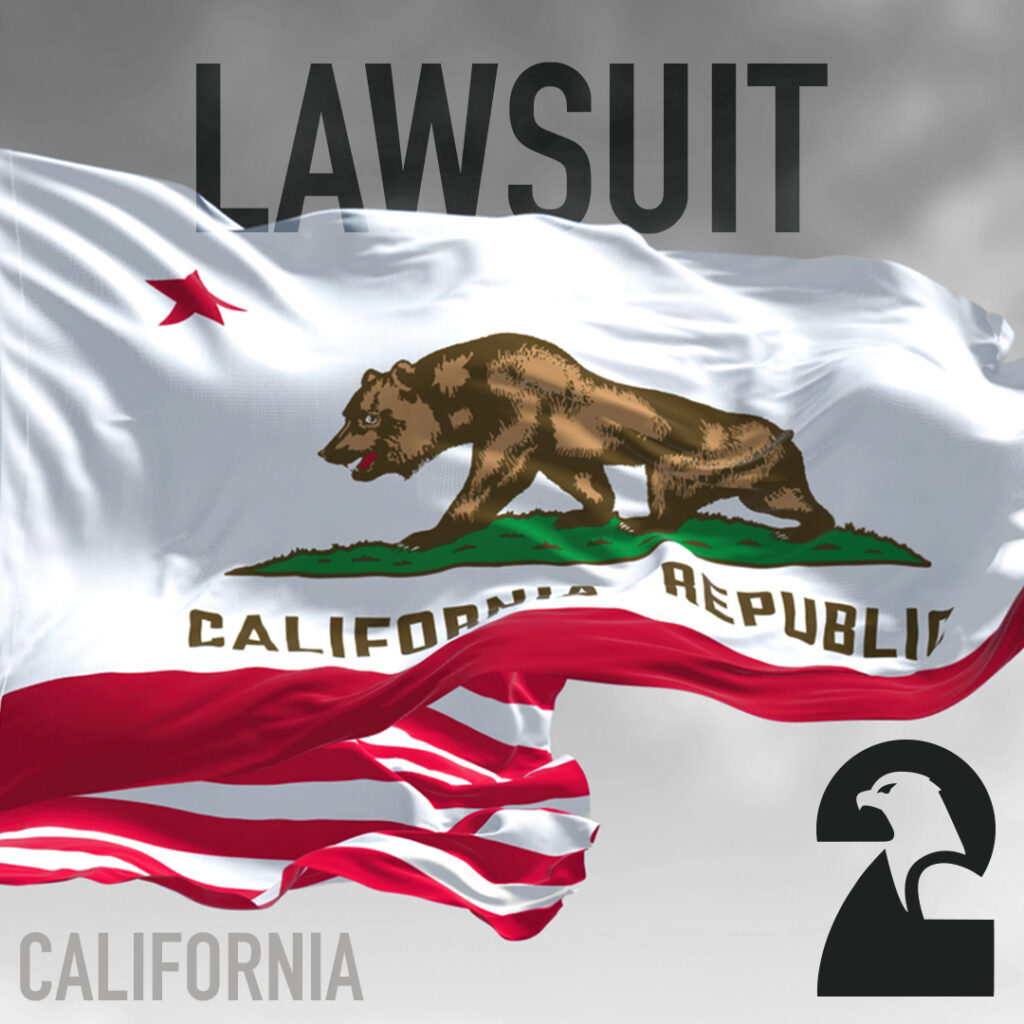Under California law, when a person purchases or receives a firearm, they cannot take possession of that firearm for ten days. At the conclusion of that ten day “waiting period” the California DOJ is supposed to instruct the licensed dealer of one of three possible outcomes: 1) the transfer is approved. 2) The transfer is denied, or 3) the transfer is delayed pending additional review, which extends the waiting period up to an additional 30 days. The exclusive list of circumstances under which the CA DOJ may delay a transfer is set forth clearly in the relevant statutes. In short – The CA DOJ may only delay transfers when they have a statutory justification to do so, not just because they feel like it. Despite the clear language of the statute, CA DOJ has taken the position that it is free to use the additional 30 days whenever it sees fit, and had made a practice of regularly delaying individuals without the proper justification.
On August 27, 2020, the Second Amendment Foundation filed suit, seeking to hold the CA DOJ to account for the unlawful delays, and to ensure that all future firearm transfers where completed in the amount of time required by law. SAF was joined by two individuals, a number of California firearms retailers, and four other civil rights organizations. The case seeks a Writ of Mandate and declaration from the court that Defendants’ policy and practices of delaying firearms transactions beyond the conclusion of the waiting period described under CA state law, absent a statutory basis to delay the transaction, is unlawful.
Case Team: Bradley Benbrook, Stephen Duvernay
Case Documents
To access all of the case documents at the Trial Court, please visit the docket.
To view documents filed on appeal, please visit the Court of Appeals docket.
Case Media


